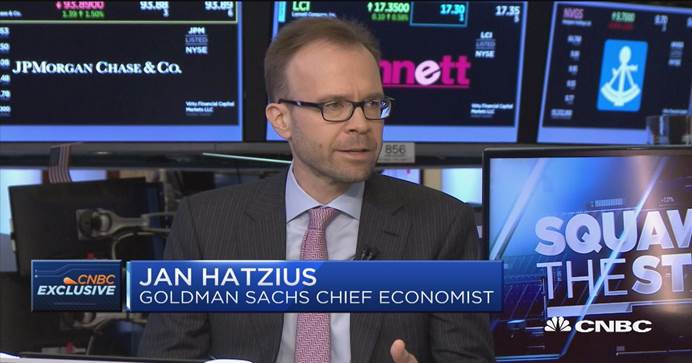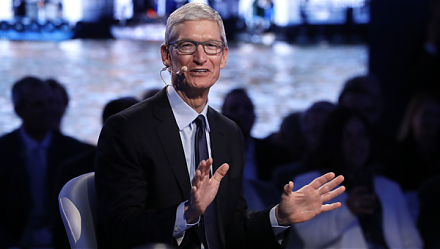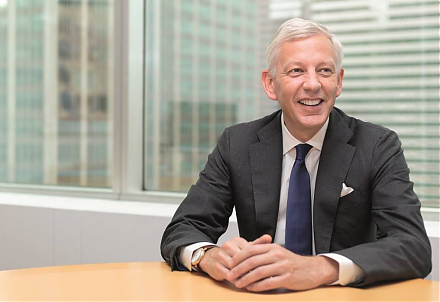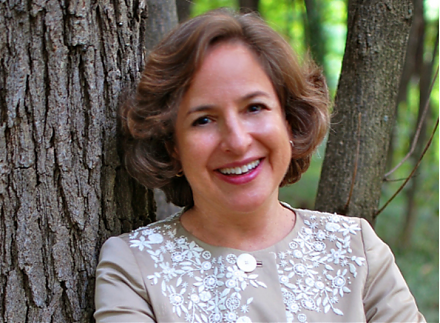

2017-03-27 06:33:00 Mon ET
federal reserve monetary policy treasury dollar employment inflation interest rate exchange rate macrofinance recession systemic risk economic growth central bank fomc greenback forward guidance euro capital global financial cycle credit cycle yield curve

The highly probable shrinkage of Fed's $4.5 billion balance sheet will phase out over the next few months before the next leadership transition.
This shrinkage accords with the Federal Reserve's likely interest rate hike later in 2017.
Targeting inflation at a little over 2% per annum, the Federal Reserve reacts to high stock market momentum with a more hawkish monetary policy stance.
Favorable macroeconomic data such as better industrial production growth and manufacturing job creation support the next interest rate increase.
In response, the U.S. greenback tends to appreciate while American economic growth rebounds to attract capital flows back from emerging economies at the medium stage of the global financial cycle.
With free international capital flows and flexible exchange rates, the current Fed interest rate hike is likely to lead non-U.S. monetary contraction worldwide over the next few years (aka the Mundellian international-finance trilemma).
If any of our AYA Analytica financial health memos (FHM), blog posts, ebooks, newsletters, and notifications etc, or any other form of online content curation, involves potential copyright concerns, please feel free to contact us at service@ayafintech.network so that we can remove relevant content in response to any such request within a reasonable time frame.
2019-02-09 08:33:00 Saturday ET

Apple provides positive forward guidance on both revenue and profit forecasts for iPhones, iPads, and MacBooks. In the Christmas 2018 festive season, MacBoo
2024-10-27 07:56:01 Sunday ET

Stock Synopsis: China Internet tech titans continue to grow amid greater competition. We launch our unique coverage of top 25 China Internet stocks. In t
2020-03-05 08:28:00 Thursday ET

The Stanford computer science overlords Larry Page and Sergey Brin design and develop Google as an Internet search company. Janet Lowe (2009) Google s
2020-11-10 07:25:00 Tuesday ET

The McKinsey edge reflects the collective wisdom of key success principles in business management consultancy. Shu Hattori (2015) The McKins
2020-10-06 09:31:00 Tuesday ET

Strategic managers envision lofty purposes to enjoy incremental consistent progress over time. Allison Rimm (2015) The joy of strategy: a bu
2017-03-03 05:39:00 Friday ET

As the biggest IPO since Alibaba in recent years, Snap Inc with its novel instant-messaging app SnapChat achieves $30 billion stock market capitalization.